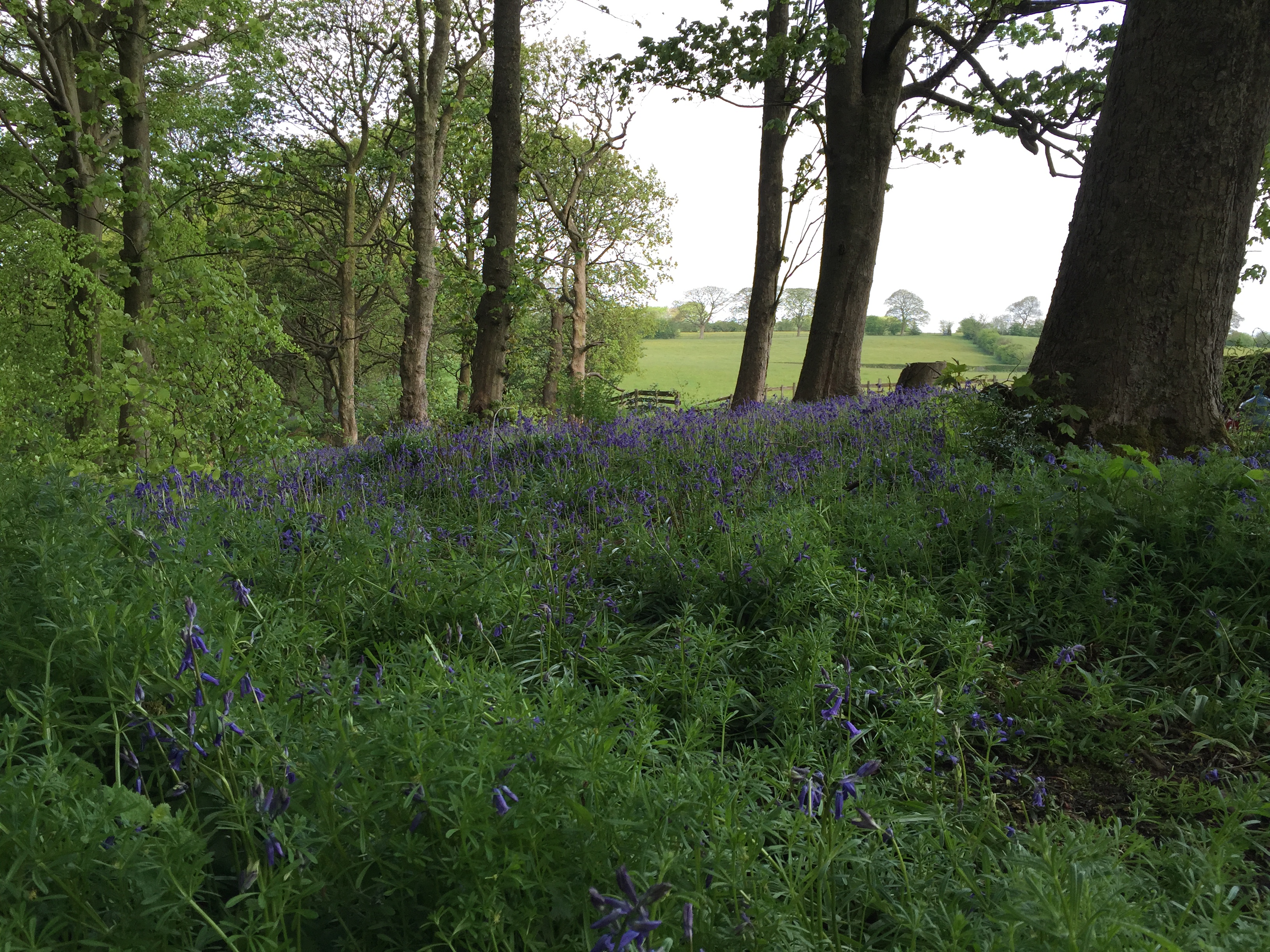- 28 Nov 2018
Managing Director Martin King considers the challenge between the seasonal demands of ecology teams and work life balance

Having been involved in working with and managing Ecologists for 12 years or so, I can promote that it’s a fantastic and varied career with lots of specialisms from botany to invertebrates, natural capital to BREEAM.
I’ve seen the profession not taken seriously at times due to perceptions, but it’s a key element of the planning and development process, particularly around legislation and European Protected Species (the European discussion is for another day….), just ask the developers who have had schemes refused or delayed with considerable cost due to Great Crested Newts or bats that hadn’t been duly considered or seen as a priority in the process!
Sometimes its seen as ‘hobbyist’, I completely disagree, like any profession it no doubt starts with an interest, but I’d say its more of a vocation. Given the places and spaces that require surveying it also has its risks – working at heights, confined spaces, asbestos awareness, lone working, all of which mean Health and Safety, training and equipment are essential. One of the main reasons for this view though is the dedication required of an ecology team throughout the height of survey season (broadly May to August). This inevitably results in working increased hours, including many antisocial hours and through the night ‘shifts’ carrying out the likes of dusk and dawn bat emergence surveys.
Ecology consultancies have often dealt with this ‘overtime’ through a TOIL (time off in lieu) system where time is accrued and built up effectively as additional leave. To add to this, ecologists tend not to utilise annual leave through the busy survey season resulting in a build up of combined leave to take by the end of the calendar year. This all creates an abnormal management and operational issue for a consultancy business, you’ll hear comments such as ‘they’re never in’ during summer and ‘they’re all on leave’ during winter! There are also the seasonal ‘freelance’ ecologists required to deliver all aspects and occasional specialists that need factoring into resource planning and management time.
As we’ve been developing as a business at Urban Green and grown the ecology team we’ve sought to counter and manage these aspects with varying degrees of success. So as a team we recently reviewed how this year had gone, particularly around working practices and work-life balance. The average TOIL accrued by the core of the team was 8 days, added to the leave remaining, it presented the usual quandary – ‘when can I take all this leave?’ ‘how many days can be carried over?’ Yes, winter is a quieter period but there are still projects and deadlines to deliver and thus resource required. It’s far from an ideal way of managing.
There had been mention and some articles noted on working reduced hours in winter, so as a team we explored further and consulted on the potential. The result is that for 2019 we have decided to implement a pilot for the Ecology team of working a 4-day week for the first 8 weeks of the year, effectively accruing 8 days of time for the additional time inevitably required through the survey season, with the intention of alleviating the need for TOIL. We will still need to manage time, monitor and regularly review. There are rules in place on not all taking the same day off during the ‘4-day week’ period and employment contracts will need to be amended to reflect the change.
We believe it will provide a positive solution to the challenge of ecological consultancy, improving work-life balance for the team whilst benefitting morale, productivity and hopefully creating efficiencies. Let’s see how it develops, I’ll provide an update once we’ve reviewed the full year effect … and seek to refine and adapt subject to the findings!